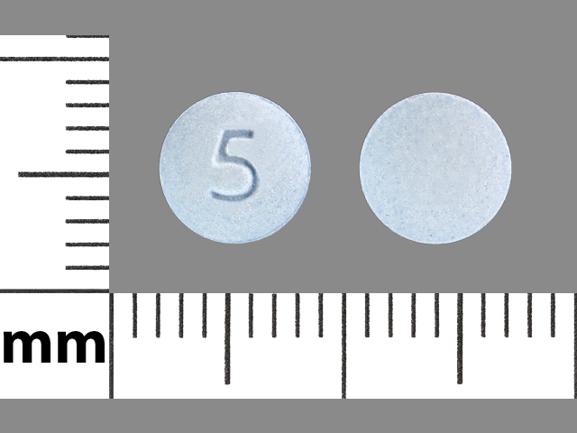Desloratadine Disease Interactions
There are 2 disease interactions with desloratadine.
Desloratadine (applies to desloratadine) asthma
Moderate Potential Hazard, Moderate plausibility.
Desloratadine products contain sodium metabisulfite, a sulfite that may cause allergic-type reactions including anaphylactic symptoms and life-threatening or less severe asthmatic episodes in certain susceptible people. The overall prevalence of sulfite sensitivity in the general population is unknown and probably low. Sulfite sensitivity is seen more frequently in asthmatic than in nonasthmatic people. Caution is advised when using these products in people with asthma.
Desloratadine (applies to desloratadine) renal/hepatic impairment
Moderate Potential Hazard, Moderate plausibility. Applicable conditions: Renal Dysfunction, Liver Disease
Dosing adjustment of desloratadine is recommended for patients with renal or hepatic impairment. Dosing recommendations for children with liver or renal impairment cannot be made due to lack of data.
Switch to professional interaction data
Desloratadine drug interactions
There are 15 drug interactions with desloratadine.
More about desloratadine
- desloratadine consumer information
- Check interactions
- Compare alternatives
- Pricing & coupons
- Reviews (36)
- Drug images
- Side effects
- Dosage information
- During pregnancy
- Drug class: antihistamines
- Breastfeeding
- En español
Related treatment guides
Drug Interaction Classification
| Highly clinically significant. Avoid combinations; the risk of the interaction outweighs the benefit. | |
| Moderately clinically significant. Usually avoid combinations; use it only under special circumstances. | |
| Minimally clinically significant. Minimize risk; assess risk and consider an alternative drug, take steps to circumvent the interaction risk and/or institute a monitoring plan. | |
| No interaction information available. |
See also:
Further information
Always consult your healthcare provider to ensure the information displayed on this page applies to your personal circumstances.


